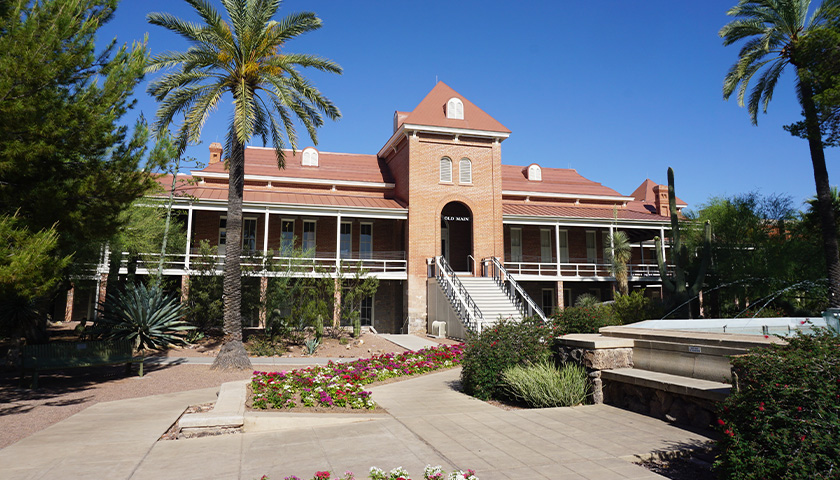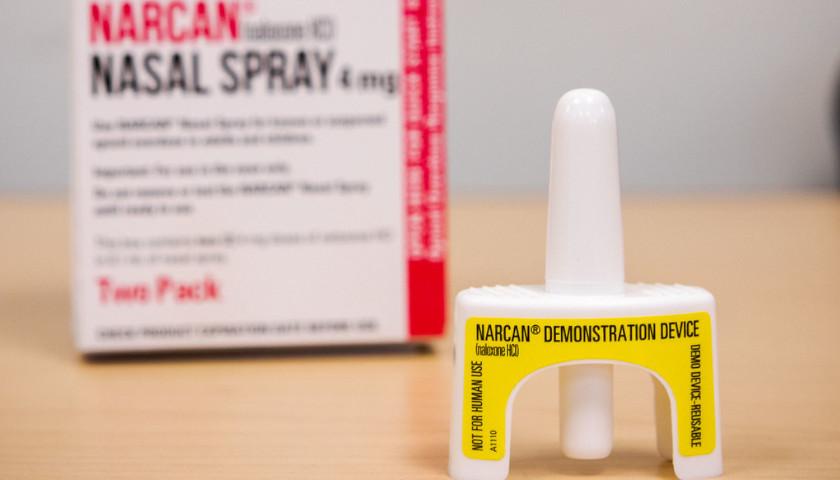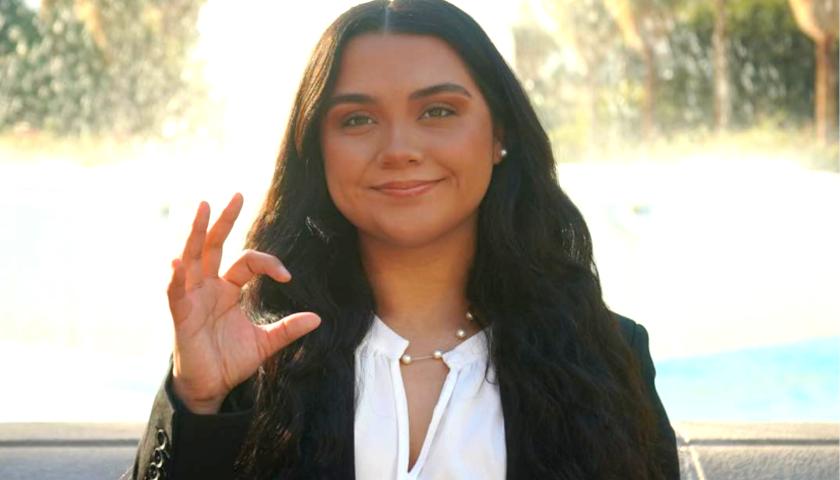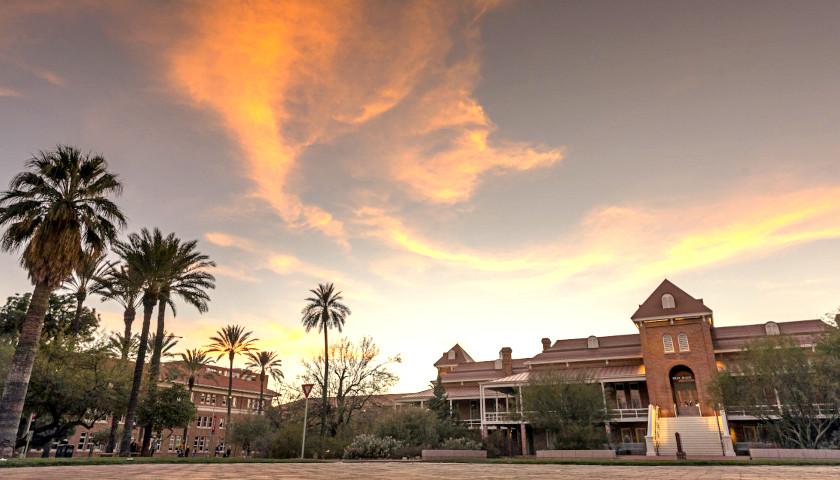The Arizona-based Goldwater Institute this week contacted the University of Arizona (UA), demanding it grants a reporter’s public record request for copies of complaints filed under UA’s Bias Education & Support Team (BEST).
“College campuses should be places of free and open exchange, where students can respectfully discuss opposing viewpoints and think critically about the major issues of the day. But instead, progressives are using bias response teams to implement their own, illiberal agenda across the country,” wrote Goldwater Institute Legal Programs Manager Kamron Kompani.
According to UA, its BEST program was created to provide students with an avenue to report bias-related incidents and connect people to “resources and opportunities for dialogue.”
In August, the senior reporter with The College Fix, Christian Schneider, sent UA public records request for complaints made under the BEST. However, his request was denied by Kim Fassl, UA’s Public Records Coordinator (PRC).
In her response, Fassl denied Schneider’s request under the Family Education Rights and Privacy Act (FERPA). She also said the records were withheld to “protect the privacy of persons and best interests of the state.”
In a letter sent by Goldwater Institute to UA, the institute shared that Schneider allowed names involved in the complaints to be withheld and that Arizona law “presumes strongly in favor of the disclosure of public records.” Previous court cases have decided that once identifying information has been redacted the document ceases to be an “education record” for the purposes of the FERPA. If the documents are not restricted under FERPA, Goldwater Institute argues that UArefusal to present the forms violates Arizona law.
Furthermore, this was not Schneider’s first time requesting documents from UA. In January 2019, Schneider requested reports filed with UArizona’s Public Incident Report and again mentioned names could be withheld. At the time, Teri Bentson was the UA PRC, and he granted Schneider’s request, giving him access to the documents.
“So what is the University of Arizona hiding?” Kompani wrote. “Arizonans have a right to know about the educational climate in our public universities, especially how administrators handle complaints about controversial topics.”
Bias Response Teams (BRS) are a prevalent part of American colleges and may negatively affect results on freedom of speech.
A study by Speech First, an organization devoted to protecting students’ speech rights on campuses across the nation, found that 457 institutions have a BRS. Of the universities with one, 250 are public, and 207 are private.
Speech First outlined that BRSs “intimidate and silence” students who do not conform to the campus’s dominant social, political, and cultural narratives, thus breeding an environment of fear and self-censorship. A joint survey revealed that 80 percent of students said they at least partially self-censored themselves in 2021, with 21 percent saying they self-censor often.
“The result of this climate of intimidation and self-censorship is a campus environment that fosters fearful silence instead of a healthy back-and-forth in the classroom, in dorms, at club events, and in social settings,” as stated by Speech First.
– – –
Neil Jones is a reporter for The Arizona Sun Times and The Star News Network. Follow Neil on Twitter. Email tips to [email protected].
Photo “University of Arizona” by Michael Barera. CC BY-SA 4.0.








